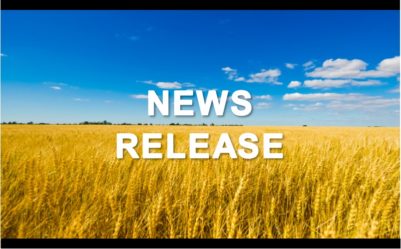- Location
- Devon
I do not wish to discuss wrongs/ rights of any schemes but would be very interested to compare experiences.
I try to read a large % of all TFF content to widen my understanding of all types of farming and it seems quite clear that environmental schemes work in a completely different manner for arable compared to others yet this is rarely acknowledged or properly discussed. It would be particularly interesting to hear from mixed farmers.
As a livestock farmer, I get the impression that;
Arable; Environmental schemes offer income streams for areas that are known to be less productive/ awkward. Allowing for hedging of risk, growing a certain crop for a known payment and give paid management options to reduce weeds and pests with break crops. Lots of short term helpful options that are reasonably well paid.
Livestock; It's hard to think of any options that don't significantly impinge on the long term productivity and profitably of the business. They just don't seem to offer positive choices in the same way.
Please explain why I'm wrong.
I try to read a large % of all TFF content to widen my understanding of all types of farming and it seems quite clear that environmental schemes work in a completely different manner for arable compared to others yet this is rarely acknowledged or properly discussed. It would be particularly interesting to hear from mixed farmers.
As a livestock farmer, I get the impression that;
Arable; Environmental schemes offer income streams for areas that are known to be less productive/ awkward. Allowing for hedging of risk, growing a certain crop for a known payment and give paid management options to reduce weeds and pests with break crops. Lots of short term helpful options that are reasonably well paid.
Livestock; It's hard to think of any options that don't significantly impinge on the long term productivity and profitably of the business. They just don't seem to offer positive choices in the same way.
Please explain why I'm wrong.








